Hard Money Loans for Short-Term Rentals
Hard Money Loans
Whether you're flipping a property, renovating, or need short-term funding, our loans focus on the property's value, not your credit history. With fast approvals and fewer requirements than traditional loans, our lenders help you move swiftly on lucrative opportunities.
BNB Lending
ensures competitive rates and flexible terms, so you can get the funding you need to grow your investment portfolio and maximize profits.
How to qualify
To obtain a quote, we will need the following information:
Property Value and
Purchase Price
Down Payment
Amount
Credit Score
Asset Types
- Single Family Homes
- Townhomes
- Condos
- 2 - 4 Units (Duplex, Triplex, Quadplex)
- Multi-Family: 5 - 8 Units
- Mixed-Use: 2 - 8 Units
- Multi-Family: 9+ Unit
Loan Terms
- Loan Sizes:
$100k up to $3.5 Million (Larger loan sizes available on a case by case basis)
- Purchase LTV:
Up to 85%
- Rate & Term Refinance LTV:
Up to 80%
- Cash Out Refinance LTV:
Up to 80%
- Amortization:
30 Year % 40 Year Amortization Options Available
- Term Lengths:
5/6 ARMs, 7/6 ARMs, 10 Year Interest Only, 30 Year Fixed & 40 Year Fixed
- Floor Rate:
5.50% (subject to change daily due to market volatility)
- Full Recourse
with personal guarantee required for all borrowers with majority ownership (typically 20%+ or 25%+ if closing in an Entity)
- DSCR Requirement: 1.00x or greater depending on loan size and property type. Sub-1.00x DSCR and NO DSCR options available.
- Vesting:
Lending to Individuals, LLCs, and Corporations. Trusts Allowable on a Case by Case Basis.
- Average Time to Close:
14 to 35 days
Wondering if you qualify for investment property financing in your area?
Find out more and get your application started today!
Frequently Asked Questions
What are hard money loans and how do they work for real estate investors?
Hard money loans are short-term financing tools often used by real estate investors to purchase or refinance a property quickly. These loans are based on the asset’s value rather than your income or credit score.
Because of this structure, hard money lenders can approve and fund deals much faster than traditional mortgage providers—sometimes in just a few days. These money loans typically come with higher interest rates, shorter terms, and interest-only payments, but they offer investors the speed and flexibility needed to act on time-sensitive deals.
Hard money loans are especially useful for fix-and-flip projects, distressed acquisitions, or accessing home equity without a full refinance. Since the loan is secured by the property, the borrower’s personal financials play a minimal role. This makes them a practical tool in fast-moving markets or unique scenarios where conventional loans may not apply.
When should an investor consider using a hard money loan instead of a conventional loan?
A hard money loan is a smart option when speed, flexibility, or non-traditional circumstances are involved. Conventional home loans often come with strict credit requirements and long approval timelines, which don’t always align with investor needs.
Hard money lenders approve loans based on the property and the deal itself, which means faster closings and fewer delays. If you're buying a distressed property, need to close in under two weeks, or are using an LLC, a hard money loan may be the right fit.
These money loans are also ideal when your real estate deal doesn't qualify under traditional mortgage guidelines. While rates are higher, many investors find the trade-off worth it to avoid missing out on valuable opportunities. The flexibility in lending structure also means you can refinance once the property is stabilized or the project is complete.
What makes hard money different from other types of financing?
What sets hard money loans apart is how they’re underwritten. Traditional loans look at your income, job history, and creditworthiness. In contrast, hard money is all about the property and whether the deal makes sense from an asset-based perspective.
The emphasis is on the value of the asset—either its current worth or its projected value after repairs. This approach allows hard money lenders to approve money loans with fewer documentation hurdles.
The structure is designed for real estate investors who prioritize speed and flexibility. A hard money loan is often used for bridge financing, fix-and-flip strategies, or acquiring properties that conventional lenders would consider too risky.
Even though rates and fees are higher, many investors appreciate the ability to qualify without relying on personal income documentation or long underwriting delays, especially in competitive markets.
What are the typical loan terms for a hard money loan?
Most hard money loans are structured as short-term agreements, typically lasting between six months and three years. The terms vary based on the property, the borrower’s experience, and the exit strategy.
These loans usually feature interest-only payments with the full principal due at the end of the term. While rates are generally higher than traditional mortgage loans, they reflect the flexibility and speed that hard money provides.
A hard money loan may also include origination fees and require upfront reserves, depending on the lender and the project's scope. Borrowers often use these money loans for purchase, rehab, or refinance scenarios where timing is critical.
Since underwriting focuses more on property value than borrower income, terms can be customized to suit the investor’s goals. Whether you’re flipping a home or preparing for long-term real estate financing, the structure is built around quick turnaround.
How quickly can a hard money lender close a deal?
Speed is one of the main advantages of working with hard money lenders. Unlike traditional banks, which can take over a month to close, a hard money loan can often be funded in as little as three to ten days.
That timeline depends on the property, title, and how quickly documents are submitted, but the process is far more streamlined than a conventional mortgage. Since hard money is asset-based, borrowers can skip income verification and other personal underwriting requirements.
These fast money loans are critical when bidding in competitive markets, purchasing at auction, or moving on a distressed property that won’t last on the market.
Many real estate investors rely on hard money loans because they know deals move quickly, and funding delays can mean lost opportunities. With the right lender, you’ll have a clear path from approval to funding with minimal red tape.
Can I get a hard money loan with poor credit or no income documentation?
Yes. One of the core benefits of a hard money loan is that you can often qualify even with low credit or no traditional income documentation. Since these money loans are asset-based, the lender’s main concern is the property itself and whether the deal makes financial sense.
While a better credit score may help with rates or fees, it’s not the deciding factor. Many borrowers get approved with sub-650 scores or no recent tax returns, especially if they’re experienced real estate investors with a strong project plan.
This flexibility makes hard money loans particularly valuable for self-employed individuals, small business owners, and property flippers. Most private lenders focus on the exit strategy—such as a refinance or sale—and how much equity is in the deal. As long as the numbers work, approval is often possible, even when banks say no.



